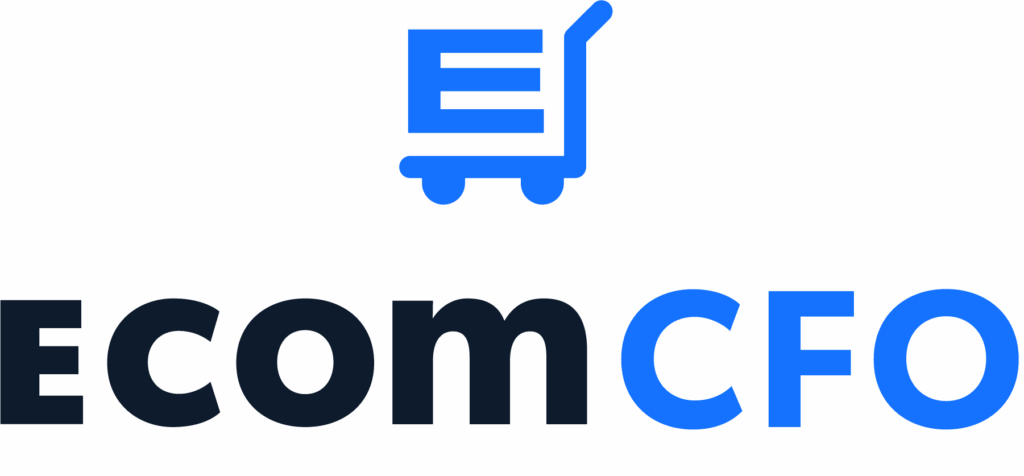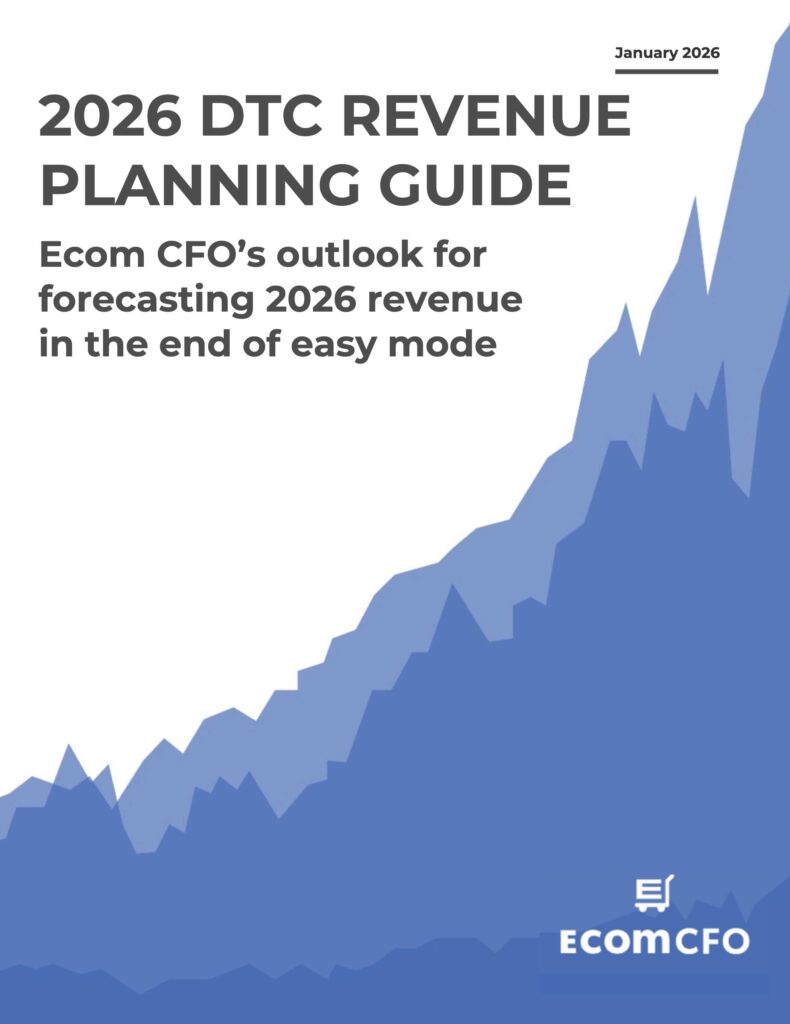Over the last decade, Sean Frank has grown Ridge Wallet from a modest 7-figure brand into a $200M+ lifestyle juggernaut, and recently, he went on My First Million to talk all about it.

There’s so much to love about this interview, including Frank’s commentary on:
- Their biggest unlocks growing the business
- What he would do differently if he could go back in time
- Tons of numbers and data on growth, profitability, marketing CPMs and more…
But about half way through, the host asked him which of his personal attributes led to his success:
“Not being scared to go back to zero. Right? Like, I’m from a very poor, bad area where kids died of fentanyl overdoses. I lived in a flop house… fourteen guys livin’ in bunk beds when I moved to LA. And so I’m like… not scared to go back there. [I’m] more willing to take risks.”
We’ve all heard some version of this, but I’d never questioned it before.
Willing to go back there? Are you, really? Should you be?
The more I think about it – about my experience, and the experience of our clients right now – the more I think the key to thriving in tough times isn’t just a willingness to suffer, but rather, a willingness to pick the right kind of suffering, and absolutely refuse the wrong kind.

Recently, I wrote about the early days of Ecom CFO – back when I was broke, with a mountain of grad school debt and sudden loss of income.
Back then, I was sleeping on a studio couch, baking plane chicken breast for dinner most nights.
It sucked.
I’m proud to have clawed my way out, and not only built something that provides for me and the family I’m building, but also for our employees and their families too.
And while yes, I could technically survive going back to that studio, guess what…
I’m not willing to.
My fiancé isn’t willing to.
And I’m keenly aware that my employees didn’t sign up for that either.
At this stage, my willingness to suffer isn’t just about me.
“So what?” you say. “Of course – no one wants to go backwards.”
To which, I ask, “How badly do you not want it?”
Because when you decide that you’re willing to suffer, you subconsciously allow yourself to avoid the kinds of uncomfortable decisions that might keep you from that suffering in the first place.
Those decisions are hard. They involve new behaviors, and are a kind of suffering all their own. A scary, unfamiliar kind.
What many founders misinterpret as a “willingness to suffer,” is often just an unwillingness to be uncomfortable in new ways; It’s a return to what’s known.
As a fractional accounting and finance firm, the most common place I see this is with founders who ignore their financials – retreating back to familiar behaviors when things get hard.
As an owner, something is always on fire, and having clean financials often feels like a luxury for, “later, when things are better.”
The current suffering feels less scary than the decision to change.
But of course, when your books are clean, you can avoid or shorten a lot of the more familiar types of suffering.
Financial reports like this help you see exactly where the gaps are in minutes, instead of days, cut what’s not working, double or triple down on what is, and get yourself out of “war time” faster and with less pain.
On the flip side, without clean books, you can spend years focusing on the wrong thing and running headlong into bankruptcy.
It’s not just finance and accounting though. It’s whatever a founder is most comfortable with.
Some are data nerds. When things get hard, they retreat to the dashboards or spend all their time analyzing the books when they need to be taking action.
Others are marketers, and default to that when they should be focused on product development or customer advocacy.
We’ve all got something.
What Sean Frank helped me realize is that suffering is primarily a game of standards.
The type you’re willing to accept is often the type you will get more of.
So pick wisely.

